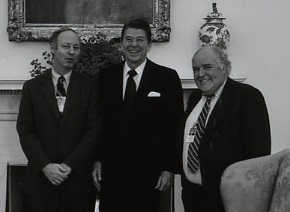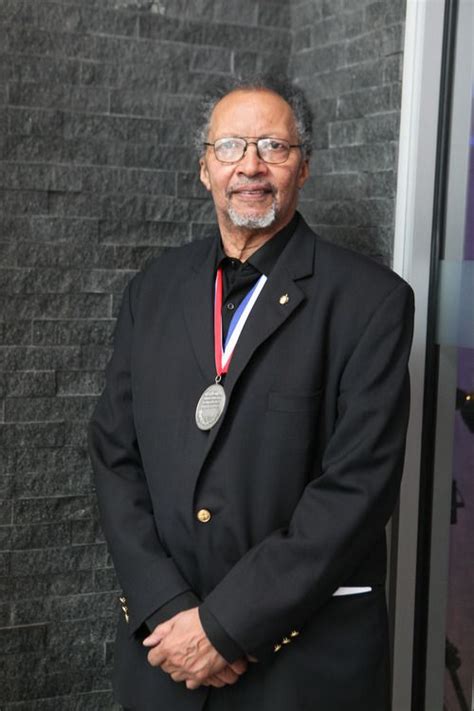A Quote by H. L. Mencken
Save among politicians it is no longer necessary for any educated American to profess belief in Thirteenth Century ideas
Related Quotes
Just as the French of the nineteenth century invested their surplus capital in a railway-system in the belief that they would makemoney by it in this life, in the thirteenth they trusted their money to the Queen of Heaven because of their belief in her power to repay it with interest in the life to come.
Those who are guilty of the argumentum ad ignorantiam profess belief in something because its opposite cannot be proved ... In the realm where "prejudice" is now most an issue, it normally takes a form like this: you cannot prove by the method of statistics and quantitative measurement that men are not equal. Therefore all men are equal. ... You cannot prove again by the methods of science that one culture is higher than another. Therefore the culture of the Digger Indians is just a good as that of Muncie, Indiana, or thirteenth-century France.
The prejudice of unfounded belief often degenerates into the prejudice of custom, and becomes at last rank hypocrisy. When men, from custom or fashion or any worldly motive, profess or pretend to believe what they do not believe, nor can give any reason for believing, they unship the helm of their morality, and being no longer honest to their own minds they feel no moral difficulty in being unjust to others.
As we were baptized, so we profess our belief. As we profess our belief, so also we offer praise. As then baptism has been given us by the Savior, in the name of the Father and of the Son and of the Holy Ghost, so, in accordance with our baptism, we make the confession of the creed, and our doxology in accordance with our creed.
I had been conscious a feeling of depression and so I voiced to [Secretary Of War Stimson] my grave misgivings, first on the basis of my belief that Japan was already defeated and that dropping the bomb was completely unnecessary, and secondly because I thought that our country should avoid shocking world opinion by the use of a weapon whose employment was, I thought, no longer mandatory as a measure to save American lives. It was my belief that Japan was, at this very moment, seeking a way to surrender with a minimum loss of 'face.'
When American workers are losing their jobs to people in other countries, Washington cannot afford to ignore this disturbing trend any longer. While Democratic presidential candidates want to just blame U.S. corporations, the reality is that their strategy won't help protect American workers or save their jobs.
It is my belief that whereas the twentieth century has been a century of war and untold suffering, the twenty-first century should be one of peace and dialogue. As the continued advances in information technology make our world a truly global village, I believe there will come a time when war and armed conflict will be considered an outdated and obsolete method of settling differences among nations and communities.





































